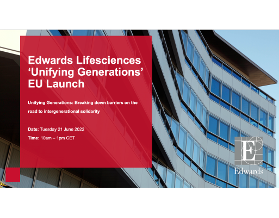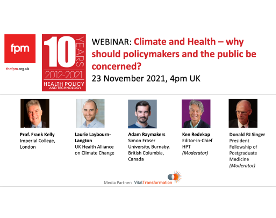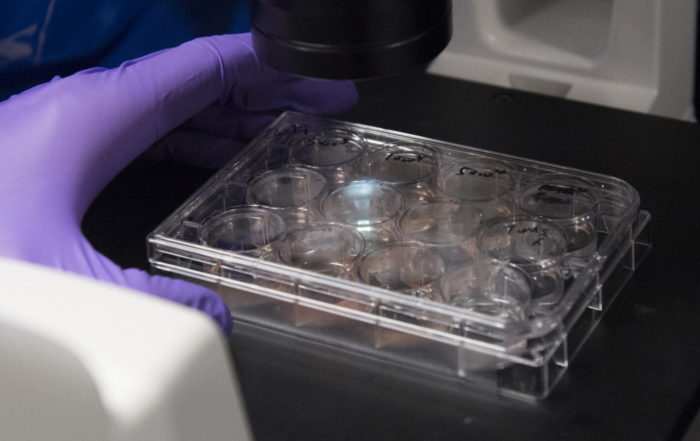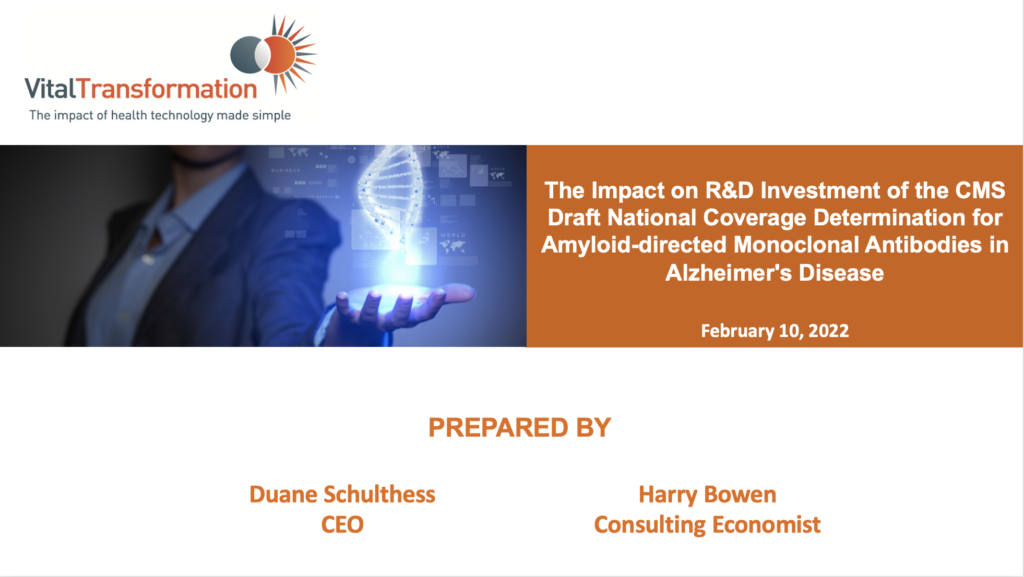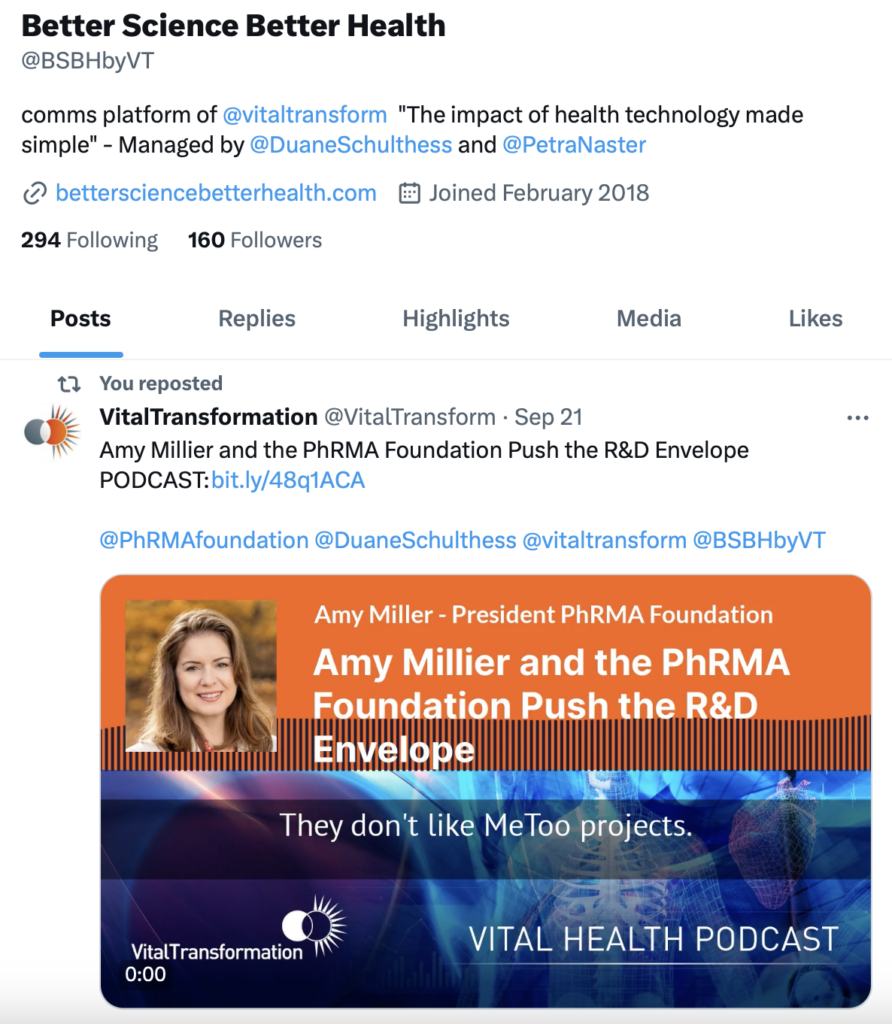[sg_popup id=2]
Better Science, Better Health
“Better Science, Better Health” was established by Vital Transformation to facilitate international collaboration in new clinical regulatory pathways, sources of evidence, and harnessing real world data to improve the access of needed new medicines by patients.
“Better Science, Better Health” provides a unique opportunity for international thought leaders to engage directly in these initiatives around the world, while also bringing new relevant voices into the process.
“Better Science, Better Health” has three core areas of focus:
Latest Events
Unifying Generations: Building the Pathway to Intergenerational Solidarity
21 June 2022, Brussels
Demographic changes and medical advances mean that, for the first time, four generations share a longer lifespan together. This societal evolution requires a revolutionary change to the way age and generations are perceived.
As we emerge from the past two years, questions arise around how we can better support cohesion between generations and intergenerational unity moving forward in a time of global uncertainty.
A panel of experts in the field of intergenerational solidarity, demographic change, and healthy ageing sat down together to discuss key insights gathered in a new report Unifying Generations: Building the Pathway to Intergenerational Solidarity, while addressing the new emerging pathway that needs to be built to highlight the value the third generation brings to society.
Early Bird: Ever closer Union for cancer patients? How to facilitate access to clinical trials across borders
7 February 2022, 8.30-9.00 CET
Participating in a clinical trial for a new medicine can be the ultimate hope for cancer patients. However, access to clinical trials across borders often remains challenging, even in the European Union: patients are vulnerable and often face high costs, language and cultural challenges, and patients and clinicians must deal with additional legal uncertainties.
The good news is that there is broad consensus amongst European institutions, researchers and their networks, and cancer patients that enabling patients’ access to clinical trials across borders is important. Also, and at just one year old, Europe’s Beating Cancer Plan presents an opportunity to facilitate cross-country clinical trials.
Considering the political will and momentum in Europe, what are practical challenges for patients and researchers to enable more cross-border participation? How can Europe’s Beating Cancer Plan facilitate better legislative, administrative, and regulatory frameworks? What are best practices that can help to find solutions fast enough for patients in need of access to treatments now?
Webinar: Climate and Health – why should policymakers and the public be concerned?
23 November
With the global temperatures on the rise and increasing climate instability, what will be the impact on health? How can society best respond now to future challenges that both address the economic realities of climate change and anticipate any demands that may be placed upon public health systems which are already under severe strain due to demographic shifts and aging populations.
Natural experiments of the impact of enforced rapid reduction in economic activity and reduced pollution are being seen in response to the COVID-19 pandemic. Topics to be considered in the webinar include impacts of planned efforts to limit climate change on financial health and thus funding for healthcare; increasing need for emergency support for floods and associated epidemics; health effects of forced migration; and climate change, pollution and health. Reducing global warming via less pollution would reduce risks of communicable diseases and non- communicable diseases, including cancers. What evidence on health benefits of limiting climate change would lead to a change in policy?
Latest News
Cures and Coverage: A Chilling Precedent for Patients
Brady: We Can Lower Costs for Patients Without Sacrificing Cures
MARCH 22, 2022
Warning against the Biden Administration’s decision to limit coverage for a new Alzheimer’s treatment, Republican Leader on the Ways and Means Committee Rep. Kevin Brady (R-TX) urged Democrats to work with Republicans to ensure greater access to new cures, at a Ways and Means Health Subcommittee Republican Meeting.
Duane Schulthess, CEO Vital Transformation, was invited as a witness in the Committee of Ways and Means at the U.S. House of Representatives.
Biden won’t end cancer — or any other disease — by importing drug price controls from Europe
The House of Representatives approved H.R. 3 in December 2019, but the bill died in the Senate, which was then controlled by Republicans and is now split 50-50. The legislation, which was reintroduced on April 22, 2021, by three House chairs is now being tacked on to an infrastructure package. Its most threatening feature is what’s called international reference pricing. That means linking the prices of hundreds of U.S. drugs to those of six other countries, where single-payer systems rule and prices are set by the government. If H.R. 3 is enacted, U.S. prices would fall sharply, and so would biopharmaceutical R&D.
H.R. 3’s international reference pricing misses the mark
By Susan Peschin and Duane Schulthess, April 28, 2021
The White House and Congress have declared that reining in Medicare prescription drug costs to help older adults and people with disabilities is a top priority. But one drug pricing strategy on the table would have an outsized negative impact on people with Alzheimer’s disease and decimate research trying to find effective treatments for it.
This strategy, known as international reference pricing, ties the price that Medicare pays for some drugs to those paid by other countries. The idea was first introduced as a model for Medicare Part B drugs by then-HHS Secretary Alex Azar in 2018. The next year, House Speaker Nancy Pelosi’s drug pricing plan, known as the Elijah E. Cummings Lower Drug Costs Now Act (H.R. 3), significantly expanded the scope to allow federal government use of foreign price controls in direct negotiations with pharmaceutical companies for the cost of 250 prescription medicines in Medicare Part B and Part D. It also extended the negotiated price to insurers and the commercial market at large.
Newsletter
Register now to receive all the latest news and events.
Latest Research

Our consultancy services
The Impact on R&D Investment of the CMS Draft National Coverage Determination for Amyloid-directed Monoclonal Antibodies in Alzheimer’s Disease
10 February 2022
By Duane Schulthess and Harry P. Bowen
The Centers for Medicare and Medicaid Services (CMS) has introduced a draft national coverage determination (NCD) for amyloid-targeting Alzheimer’s disease (AD) therapies which brings new uncertainties into investment decisions / ROI calculations.
This analysis measures the potential impact of this NCD – using assumptions based on the current draft language and historical data about AD R&D trials and investment, we assume that the NCD will add 3 or more years to the time it takes for an AD asset to see any return on investment.
Follow us on X
Videos
Visit our youtube channel to view all of our videos.

